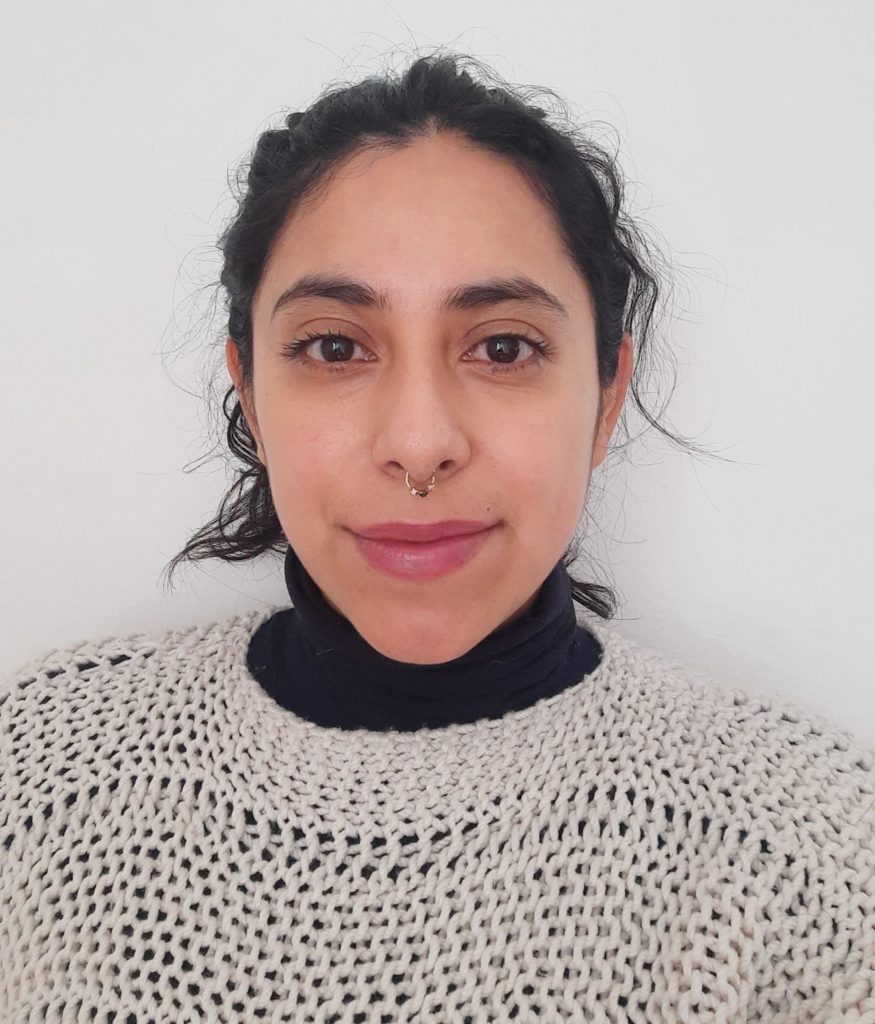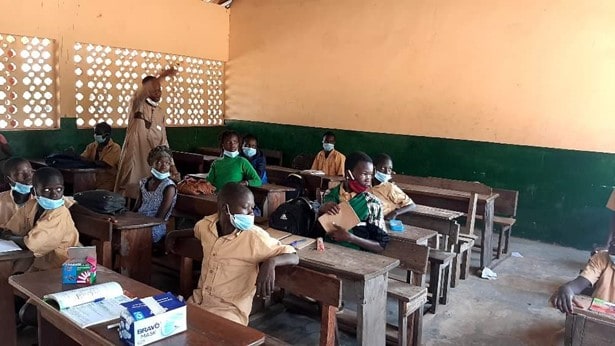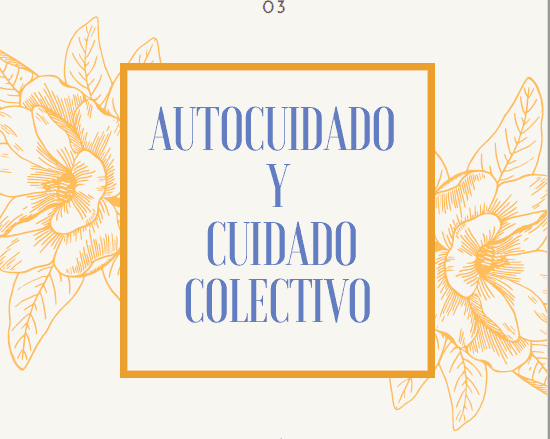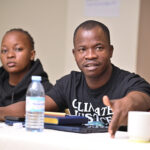This article was published more than 3 years ago.
Making self-care a regular part of your day isn’t always easy. For human rights activists like the ones the Fund supports, it’s absolutely critical to their personal well-being and to their work. That’s why the Fund supports local organizations in promoting self-care for staff and volunteers, as well as tackling the insecurities that cause stress and burnout.
Here are three ways that grassroots activists we support take care of themselves and their colleagues.
Reflect on your own needs and acknowledge when to take a break.

“In this work, diverse and strong emotions are experienced due to the bonds that are generated. We are constantly faced with the indirect trauma that other people experience… To this end, ELEMENTA produced a collective self-care guide… One of the ideas that I have reflected on the most is that this is a job of active listening and a lot of dedication, to a point where it is easy to forget how to listen to yourself, to your needs and desires. There are times when it is difficult to take breaks that lead you to actively and consciously think about what you need to counteract exhaustion, frustration, or sadness… we must be compassionate with ourselves.”
– Through her work at Elementa, Valeria Gutiérrez supports families seeking truth for people who disappeared as part of the so-called “War on Drugs” in Mexico
Be prepared for the unexpected.

“Before going out for a mission on the ground, we make a “mission order,” and then we evaluate the risks related to the security of the activist or volunteer to try to avoid surprises… We are exposed to all kinds of insecurity… we are dealing with some very sensitive subjects, such as the situation of land management and cases of sexual assault.”
– As executive director of Association pour le Développement Rural et l’Entraide Mutuelle de Guinée (Association for Rural Development and Mutual Aid or ADREMGUI), Mohamed Diaby leads his team in partnering with communities in Guinea to increase girls’ access to education and community-led economic development. During the pandemic, they also took on local COVID-19 prevention outreach.
Self-care can be its own form of activism.

“We believe that self-care and collective care is a daily political act because it is liberating: It is a way of expressing our self-esteem—when we get rid of the roles that are assigned to us as women and
we express that we have hopes, dreams, stories, social life, and love. We affirm before ourselves and before the world that we deserve these things.”
Featured image: An LGBTQ activist in Uganda, where discrimination makes solidarity and self-care critical.


